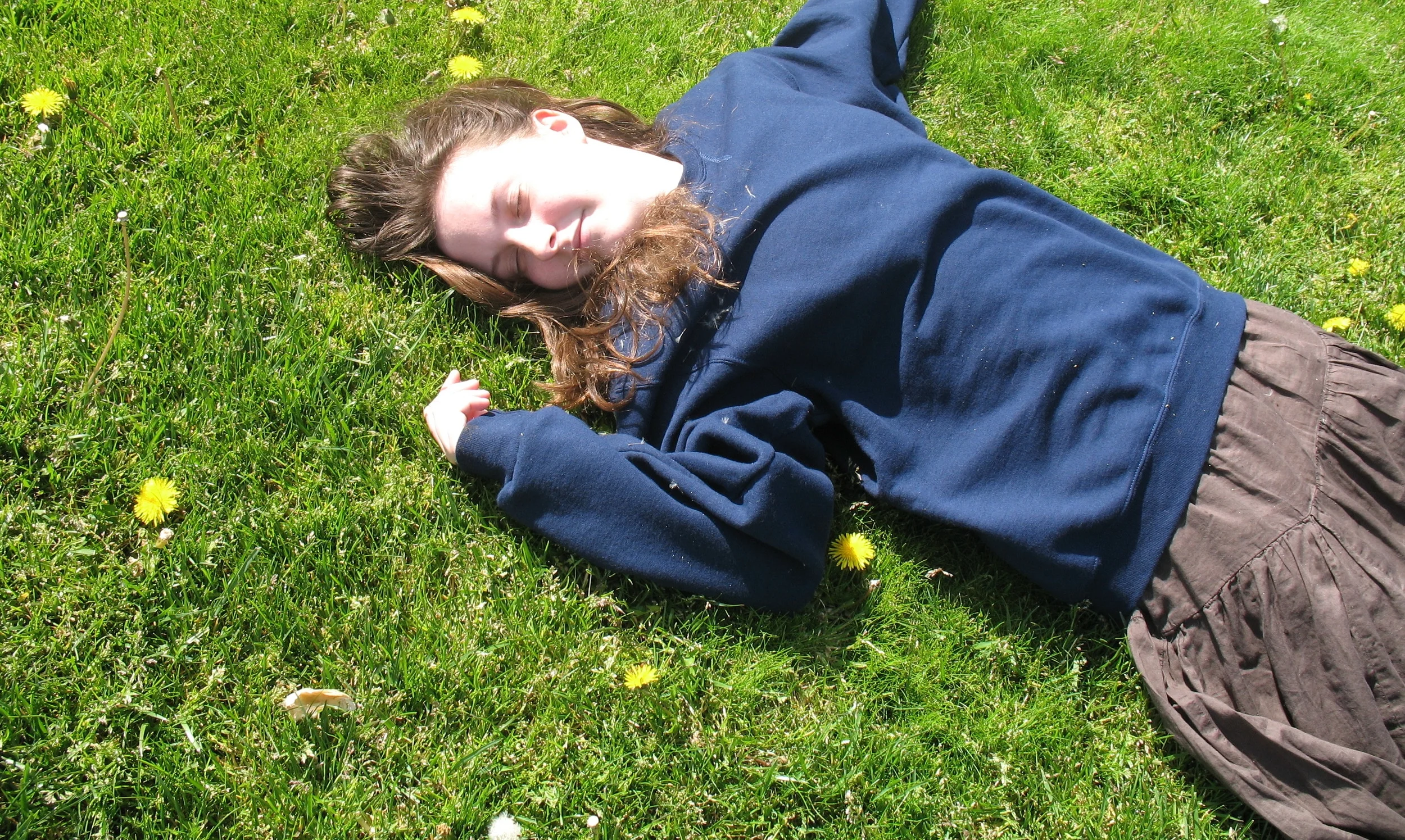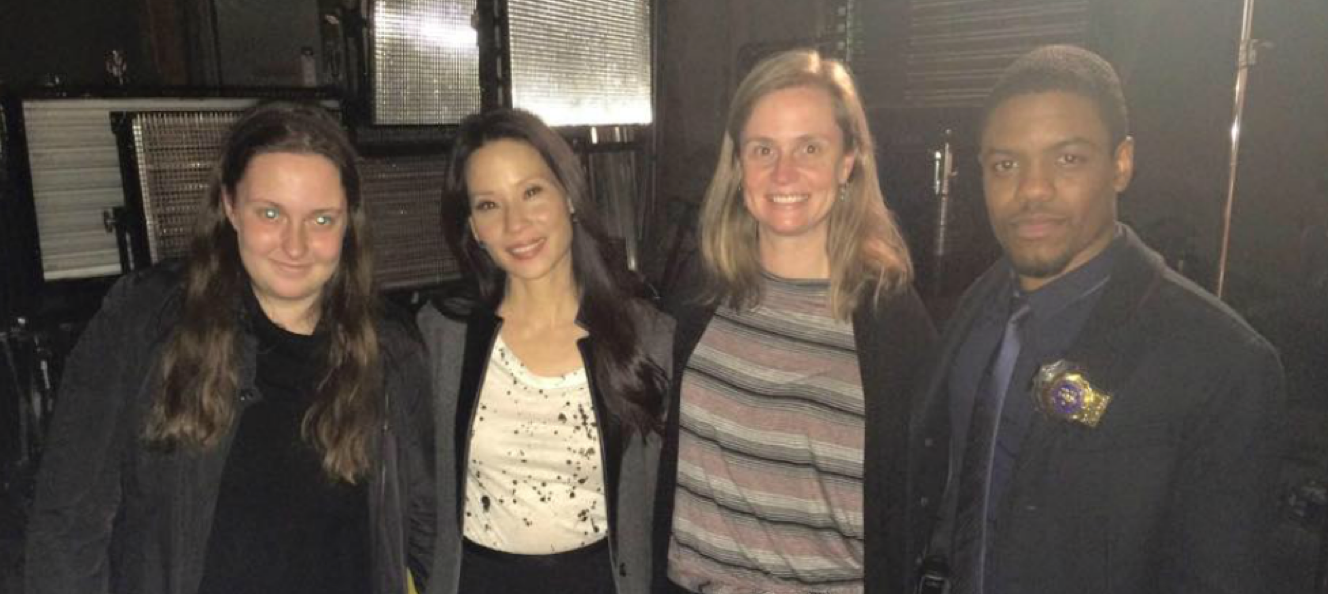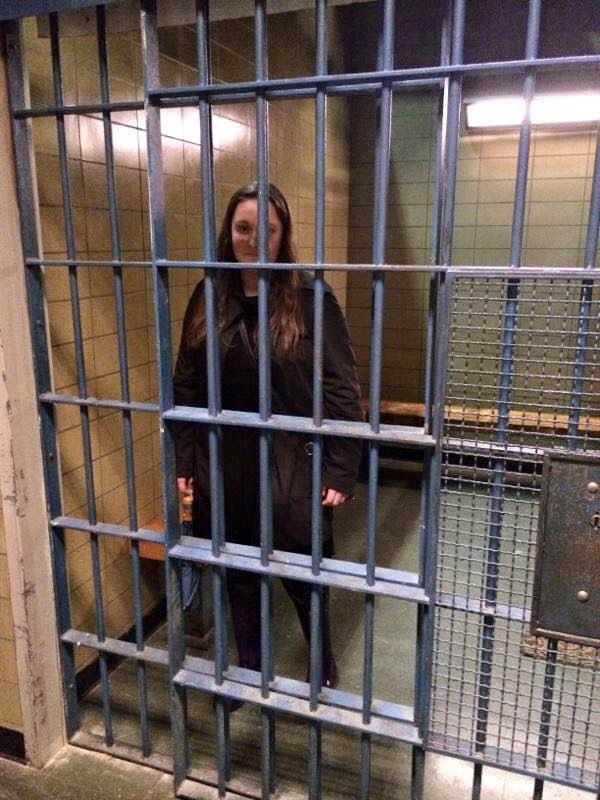There are multiple misconceptions about trigger warnings these op-eds perpetuate, the first of which is the idea that those who ask for trigger warnings are trying to avoid living in the “real world.” This is wildly inaccurate. I argue someone who has experienced something as horrific as sexual assault has experienced the darkest parts of the "real world." The insinuation that sexual assault survivors have spent their lives in a bubble — one May 13, 2015 Daily Banter article referred to the Columbia survivors who asked for trigger warnings as “special snowflakes” — is downright offensive.
The second misconception is that trigger warnings are present so students can avoid challenging ideas. However, they’re there so that survivors of sexual assault like me can ground themselves in order to engage more thoughtfully with challenging ideas. When I'm not given a trigger warning before being presented with graphic material, my body slips away and falls back to the day I was assaulted. The room morphs into the room I was assaulted in. I spend an hour reliving every sensation and sound from my assault — the physical pain, the muffled screams, the fear pounding in my chest. When I'm given a trigger warning, it doesn’t mean I won’t read or watch the material — it means I'll have time to ground myself so I can stay present. I'll observe my surroundings. (What color is the rug? What material is the table in front of me made of?) Then, when the material is presented, I'll have things that will remind me that I’m safe. (The rug is dark green. The table is tan and made of wood. I’m sitting in Spanish class.)
Third, trigger warnings are being misconstrued as censorship. Censorship would be if material was blocked from being shown at all. That's not what a trigger warning does. Trigger warnings go before material but do not prevent the material from being shown. It takes one second to give a trigger warning. Is it really so difficult to sacrifice one second in order to spare survivors many minutes, if not hours, of flashbacks?
Finally, many op-ed authors dismiss survivors who require trigger warnings as unstable. In a recent May 22, 2015 Wall Street Journal article titled "The Trigger-Happy Generation," the author insinuated that requesting a trigger warning is an indication that the survivor needs more therapy. However, sexual assault doesn’t disappear if you talk about it once a week. While some survivors overcome triggers, many survivors, myself included, don't completely. Healing is complicated and a lifetime process with no beautiful, definitive ending. Believe me, I wish therapy could remove all my triggers, but it doesn’t, and the fact that it doesn't is not an indication that I'm unstable.
I love creative writing and tend to write dark stories, so I've both written triggering material and, as a survivor, needed trigger warnings. As someone with both of those experiences, I'm blown away by the ignorance displayed in recent national conversations regarding trigger warnings in college. While it's possible some authors have experienced sexual violence, I'd wager the vast majority of trigger warnings' most outspoken opponents haven't. As with many conversations regarding sexual violence, here's one where the voices of the survivors themselves are being dismissed. I want to engage with challenging ideas and material. I love classic literature. However, in order to be able to engage with material like Ovid's "Metamorphoses," I need to be given the opportunity to remain present in the classroom and not spend the class fighting with flashbacks instead. I don't want trigger warnings so I can hide from challenging ideas — I want trigger warnings so I can grapple with them.





